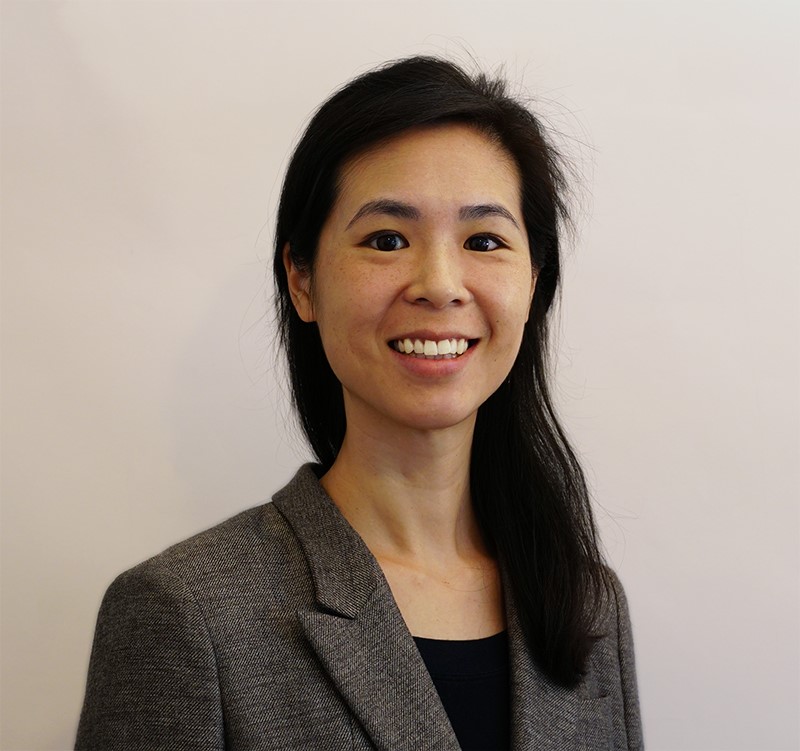
Professor Stacey Liou has been teaching her students about how politics plays a role in their daily lives. She’s done such a good job at it, that it got us wondering- how does it play a role in her daily life? And what is her daily life like? We decided to ask her a few questions to find out.
What got you first interested in pursuing a career in political science?
I loved how interdisciplinary my studies in political science were at Macalester College. My professors there encouraged me to think about power broadly understood, and it was eye-opening to see politics in my everyday life and not just in the halls of Congress. Political science as a career seemed to me the way to get to continue thinking about questions of power and how we can and do live together – and, even better, to get to do it in conversation with smart, thoughtful others.
What area do you focus your research in and how did you choose it?
As a political theorist, I’m interested in understanding how people do and think politics on an everyday basis. My current research looks at public gatherings like protests, investigating how a gathering comes to be understood as a political one. I’ve often been moved by scenes of ordinary people standing and acting together, especially in city spaces like plazas or squares, and wondered why some kinds of collective action are considered political while others are not – think, for instance, of the difference connoted by calling something a demonstration instead of a riot.
What made you want to become a professor?
I enjoy research and teaching, which are for me rewarding ways to participate in a community of intellectual conversation and discovery.
If you weren’t a professor what would you be doing?
Probably learning about and practicing alternative medicines, or learning to practice as a doula, or an urban planner.
What made you want to come to UF?
Too many reasons to name: the students here are smart, eager and engaged; the department is vibrant, collegial, and open-minded, and I especially liked the commitment to scholarship on issues of race, identity and inequality; the campus is beautiful – and, I wanted to see some gators!
What is something about teaching during the age of COVID-19 and over Zoom that you will never forget?
All the tech-related bloopers, from forgetting to unmute myself before I start talking to realizing my internet has cut out when I see my face frozen on the screen. Teaching during this time has been a welcome reminder to me that education isn’t only or even necessarily about imparting knowledge but also about kindling interest and fostering a sense of intellectual curiosity.
What is one piece of advice (as it pertains to the college, life or otherwise) you would give to students?
I’d encourage students to explore new and different ideas and places, to meet a wide range of people, and to take advantage of all the opportunities one might encounter or create. Experiences sometimes have a funny way of becoming relevant later, so don’t be afraid of doing, saying, being, what you wouldn’t have expected from yourself.
What are three things on your bucket list?
Hike the Pacific Crest Trail, create a ranch for old dogs from shelters, learn how to make a delicious vermouth, set up a ceramics workshop, run the LA marathon, write for the broader public…it’s a long bucket list right now.
Interview by Eve Vanagas